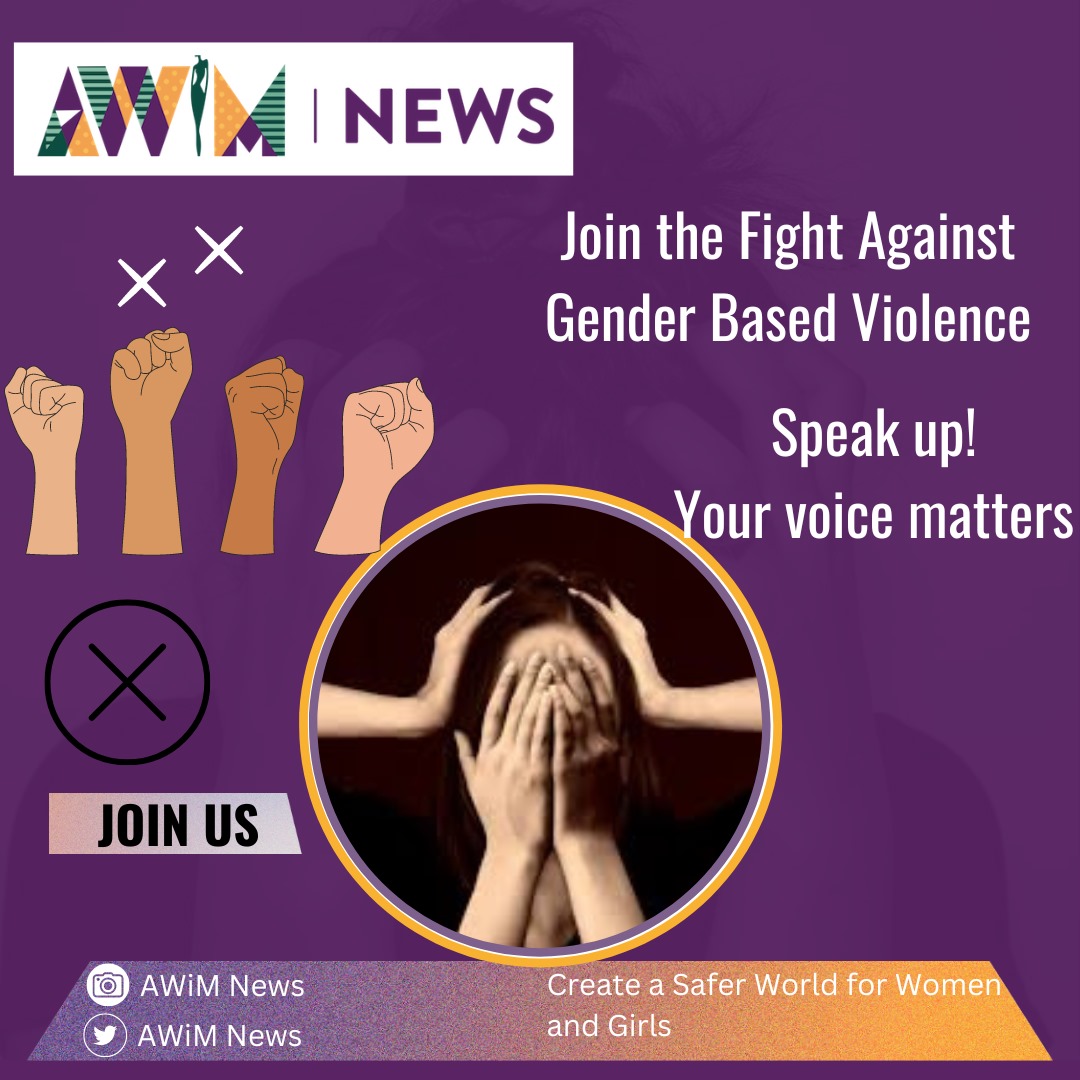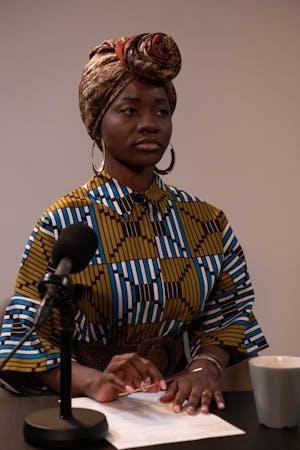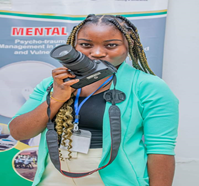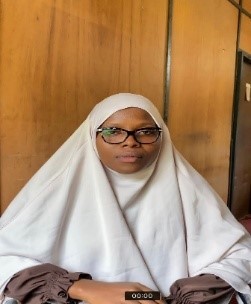Groundbreaking Workshop on AI and Technology-Facilitated Gender-Based Violence at AWiM24
Trending
Thursday May 29, 2025
Trending

From Sonia Dahmani, a Tunisian lawyer and political commentator who was arrested after a live broadcast on France24 for critiquing Tunisia’s standard of living,

to Maryline Duma, briefly detained while covering Dahmani’s arrest — women journalists in North Africa face severe consequences for reporting on political issues. During her appearance on a show with host Braham Bsiss, Dahmani responded to a discussion on whether sub-Saharan African migrants would “conquer” Tunisia by questioning, “What kind of extraordinary country are we talking about? Was not it a country where half of its youth wanted to leave?” This comment led to her arrest by masked police on-air, with subsequent charges of spreading fake news and inciting hate speech.
Several other female journalists and politicians in Tunisia have faced similar fates under Decree 54, including Abir Moussi, a vocal critic of President Kais Saied and head of the Free Destourian Party. Moussi was sentenced to two years for violating this controversial law, which, though ostensibly designed to combat fake news, has been criticized by the Coalition for Female Journalists as a tool to silence and intimidate the press. The law allows authorities to interpret legitimate criticism as defamation, imposing severe penalties, including imprisonment.
Souad Yacoubi, a Human Rights Program Manager for the MENA region, told AWiMnews, “Abir Moussi is not the only victim of this decree or other abuse of the law. Other journalists, politicians, and activists are unlawfully detained every day, including almost everyone who expresses interest in running for president.”
Yacoubi’s statement highlights that women covering political issues are in jeopardy, not only in Tunisia but across Africa.
In Cameroon, there is no Freedom of Information Act, further curtailing freedom of speech. Women journalists like Sonia Dahmani risk imprisonment, while those covering conflict zones face even graver dangers. Halima Idris Salim, for instance, lost her life in Omdurman, Sudan, while covering clashes between the army and paramilitary forces when she was fatally struck by a Rapid Support Forces vehicle.
Cameroonian journalist Akanlambi Clare Enjoh also faces threats due to her work. After her house was set on fire, and she survived an attempted rape by gunmen, her resolve only grew to document the effects of the ongoing Anglophone Crisis — the violent conflict between Cameroon’s government and separatist movements.
 Akalambi Clare Enjoh
Akalambi Clare Enjoh
Photo Credit: Akalambi Clare Enjoh
Dr. Yemisi Akinbobola, in an interview on TVC Women’s Representation in the Media, noted that women in the media are often steered towards ‘Soft News’ rather than covering hard-hitting topics like politics and conflict. “The same skills for health-related stories apply to political stories, yet women are often channeled into certain beats by male editors, limiting their advancement in the field,” she explained.
UNESCO has recognized that women journalists worldwide face gender-based violence, from stigmatization and sexist hate speech to physical assault, rape, and even murder. UNESCO is championing the safety of women journalists and has partnered with organizations, including the Robert F. Kennedy Human Rights Center and the African Freedom of Information Center, to support the “Protecting Women Journalists in Africa Through Research and Strategic Litigation” project. This initiative brings experts on gender-based violence against women journalists from East and West Africa together to address the issue through strategic litigation.
Akem Nkwain, a freelance journalist with Al Jazeera experienced in conflict reporting, stressed that while conflicts remain unresolved, safety for women journalists is precarious. “The primary line of protection is the cessation of conflicts. As long as hostilities persist, protection remains uncertain. You may be safe today, but the conflict dynamics can shift overnight making you a victim,” she said.
To support journalists, especially those in Cameroon’s English-speaking regions, Nkwain advocates for establishing safety hotlines, providing protective equipment, and offering direct financial support. The ongoing conflict has drastically weakened the region’s economy, leading to underfunded media outlets and making it difficult for journalists to sustain their work. Strengthening the resilience of these outlets could have a positive impact on women journalists working there, who already contend with inadequate salaries and operational funding.
For women journalists displaced by conflicts, safe accommodations, access to safety training, equipment, psychological support, legal assistance, and basic medical care are essential for the continuation their crucial work.

Barakat Sanni has a bachelor’s degree in English Education from Tai Solarin University of Education, with over three years of teaching experience. She is also a journalist committed to promoting information literacy and combating misinformation, particularly gendered misinformation. She is currently an Intern Content Writer with AWiM
We’re not gonna spam. We’ll try at least.

Copyright 2020. African Women In Media
Copyright 2020. African Women In Media
Recent Comments